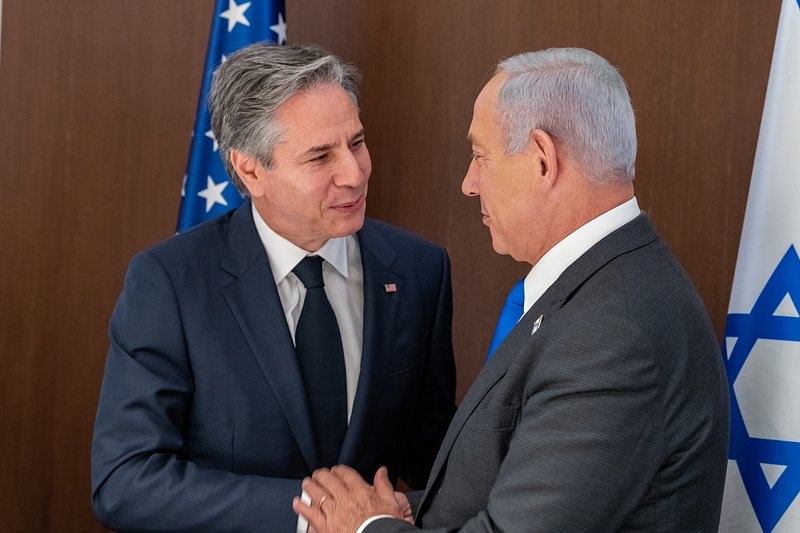

By Asmita - Aug 10, 2025
Israeli Prime Minister Benjamin Netanyahu addresses media ahead of a UN Security Council meeting discussing Israel’s military takeover plan for Gaza City. Netanyahu outlines objectives, emphasizing the intent to transfer governance eventually. The move faces international backlash and internal protests, with concerns over humanitarian crisis in Gaza. The Palestinian Authority criticizes the plan, fearing mass displacement and worsening conditions. Domestic reactions include protests against the escalation strategy, revealing internal divisions on the best approach to the conflict.

Benjamin Netanyahu via Rawpixel
LATEST
Israeli Prime Minister Benjamin Netanyahu is set to address the media ahead of a United Nations emergency Security Council meeting regarding Israel’s contentious plan to take over Gaza City. The decision was made after Israel’s security cabinet approved a military takeover of Gaza City, aiming to further erode Hamas’s control amid ongoing conflict. Netanyahu outlined five strategic objectives for the operation: disarming Hamas, securing the return of hostages, demilitarizing Gaza, establishing Israeli security control, and creating an alternative civil administration independent of both Hamas and the Palestinian Authority. The move comes amid intense international backlash and escalating protests within Israel itself, reflecting the plan’s controversial nature.
Netanyahu clarified in recent statements that while Israel intends to take control of Gaza City and potentially the entire Gaza Strip, it does not seek to govern the territory permanently. Instead, Israel aims to establish a security perimeter and eventually transfer governance to Arab forces that are not aligned with Hamas or groups hostile to Israel. This intent was reiterated in interviews, despite skepticism from various quarters about the feasibility and motivations of such governance handover plans. Hamas condemned the initiative as a coup and warned of further escalation while Israeli military preparations continue, focusing on the areas believed to hold hostages and Hamas operatives.
The UN Security Council’s emergency meeting is largely driven by widespread concern over the humanitarian crisis in Gaza, exacerbated by the prolonged conflict. United Nations agencies have warned of critical conditions, including malnutrition and famine risks, within Gaza’s civilian population. The Palestinian Authority described the Israeli plan as a “full-fledged crime” potentially leading to genocide and large-scale displacement, criticizing the international community for failing to enforce an immediate ceasefire and protective measures for civilians. The plan also includes an evacuation deadline by October 7, 2025, for Palestinians in Gaza City, stirring fears of mass displacement and worsening humanitarian conditions.
Domestically, the plan has sparked protests and political debate in Israel. Families of hostages and other citizens have rallied against the government’s escalation strategy, calling for a resolution that prioritizes hostage release and civilian safety. The Israeli defense establishment, including key military figures, has expressed differing views on the extent and nature of the occupation, reflecting internal divisions on the best approach to ending the conflict. While Netanyahu’s government pushes ahead with the plan, the broader implications for regional stability and peace remain deeply uncertain as international criticism intensifies.